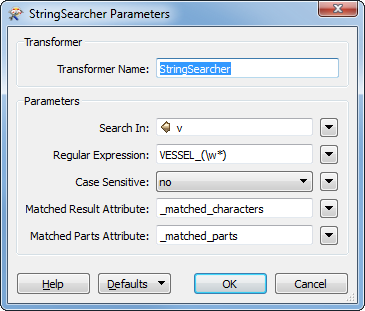To keep some metadata about where each point originates from, I've kept the file path and name in an attribute called "filepath".
From the attribute "filepath", I need to extract a specific part which holds the name of the vessel. I guess it would be some regex in use here?
Example of the attribute's content:
\\folder\\VESSEL_Lola\\folder2\\file1.shp
\\folder\\VESSEL_Maria\\folder1\\file2.shp
\\folder\\VESSEL_Lily\\folder4\\file3.shp
\\folder\\VESSEL_Christine\\folder1\\file4.shp
\\folder\\VESSEL_ClaudiaMaria\\folder2\\file5.shp
\\folder\\VESSEL_Maria\\folder3\\file6.shp
and so on..
I need to extract the "VESSEL_Maria" etc. from the attribute and map to a more explanatory value in e.g. AttributeValueMapper. There is only 12 different "VESSEL_YY" categories, but a lot of different filenames of subfolders and files written in the filepath attribute.
How should I construct the Source Value parameter in AttributeValueMapper or similar?



